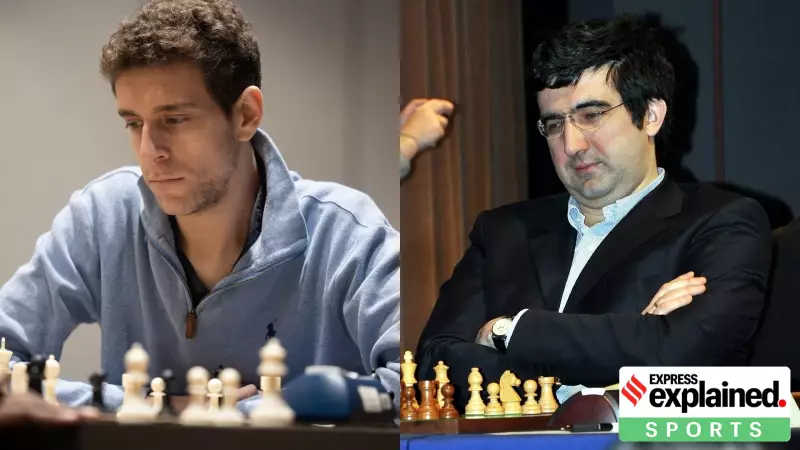
The ancient game of chess, once synonymous with intellectual purity and strategic brilliance, is facing an unprecedented crisis in the digital age. Modern technology has ushered in sophisticated cheating methods that threaten the very integrity of this centuries-old sport.
The New Arsenal of Chess Cheaters
Today's chess cheaters have moved far beyond simple signaling. The methods have evolved into high-tech operations that include:
- Chess engine apps hidden on smartphones that provide optimal moves
- Vibrating devices concealed on the body that transmit coded suggestions
- Wireless communication systems that connect players to remote accomplices
- Sophisticated software that can analyze positions in milliseconds
The Hans Niemann Scandal That Shook Chess
The chess world was rocked when World Champion Magnus Carlsen accused American grandmaster Hans Niemann of cheating. The controversy reached such heights that it spawned the infamous 'anal beads theory' - suggesting Niemann could have been receiving vibrations through devices concealed in his body.
While this particular theory became internet fodder, it highlighted how far cheating paranoia had penetrated the sport. The $100 million lawsuit that followed exposed the deep tensions and suspicions running through professional chess.
FIDE's Technological Counter-Offensive
The International Chess Federation (FIDE) is fighting back with advanced anti-cheating measures:
- Enhanced detection algorithms that analyze move patterns against computer suggestions
- Radio frequency scanners to detect hidden communication devices
- Delayed live broadcasts to prevent real-time assistance
- Strict device bans in tournament halls and playing areas
The Psychological Toll on Players
Beyond the technical aspects, the cheating epidemic has created a climate of suspicion that affects players mentally. Many top players now approach unexpected defeats with immediate suspicion rather than sportsmanship. This erosion of trust represents one of the most damaging consequences of the cheating crisis.
As chess continues to gain popularity through online platforms and streaming, the battle between cheaters and authorities appears destined to intensify. The future of chess integrity may depend on whether anti-cheating technology can stay ahead of increasingly sophisticated cheating methods.




